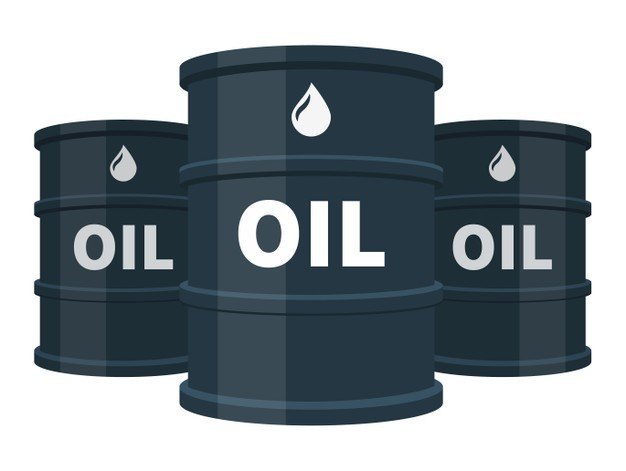Oil prices rose on Wednesday on concerns about supply risks after the U.S. banned Chevron from exporting crude from Venezuela, but expectations of more OPEC+ production continued to cap gains.
Brent crude futures rose 7 cents, or 0.1%, to $64.16 a barrel by 0640 GMT, while WTI crude rose 9 cents, or 0.2%, to $60.98 a barrel.
The Trump administration issued a new authorization for major U.S. player Chevron, opening a new tab that will allow the company to maintain its assets in Venezuela but not export oil or expand its operations.
Chevron’s loss of U.S. supplies from Venezuela will put refiners in a crude crunch, forcing them to turn more to Middle Eastern crude.
Trump revoked Chevron’s previous license on Feb. 26.
In recent years, licenses granted to Chevron and other foreign companies have supported a slight recovery in sanctions-hit Venezuelan oil production of about 1 million barrels per day.
But on the price front, increases were capped on Wednesday amid expectations that OPEC+ will decide to increase production at a meeting this week.
A full meeting of the OPEC+ allies is scheduled for Wednesday, but market watchers do not expect any changes to their production-boosting policies.
A decision on a production increase could be made in July when the group’s eight members meet on Saturday, according to sources.
Oil prices have moved only marginally in the past few sessions as the sector braces for oversupply in the second half of the year.
OPEC members’ breach to meet production quotas and Trump’s trade policies have weighed on global oil demand.
The market also found some support after Trump said earlier this week that he would impose new sanctions on Russia. That would mean more sanctions on Russia, putting Russian energy flows at risk.






